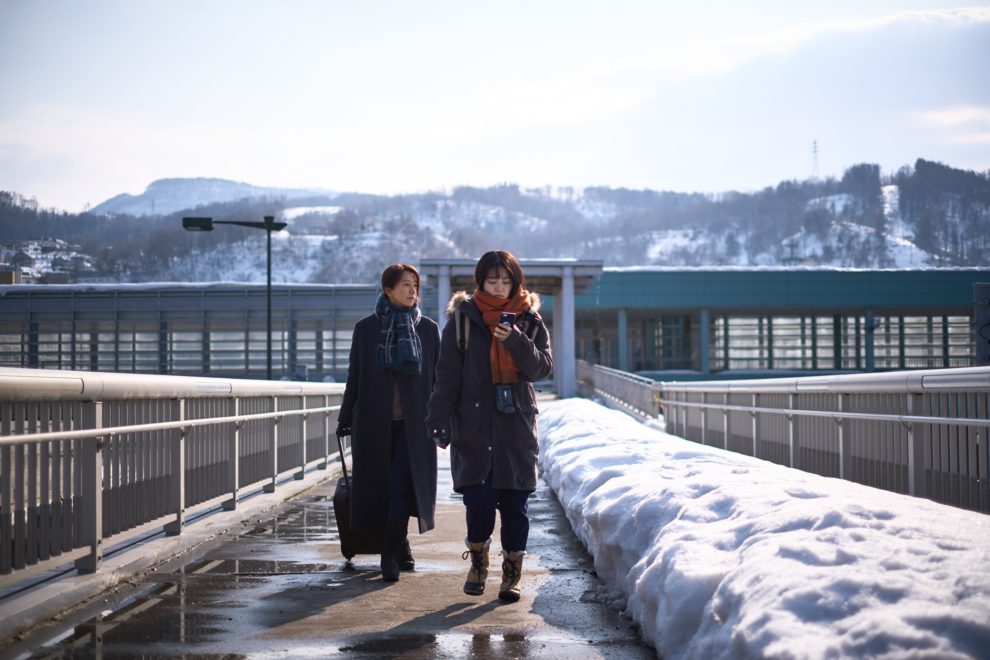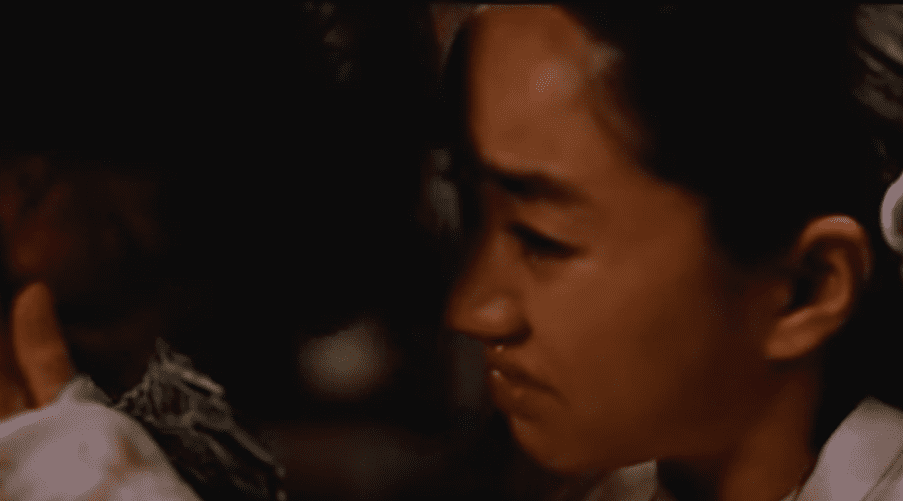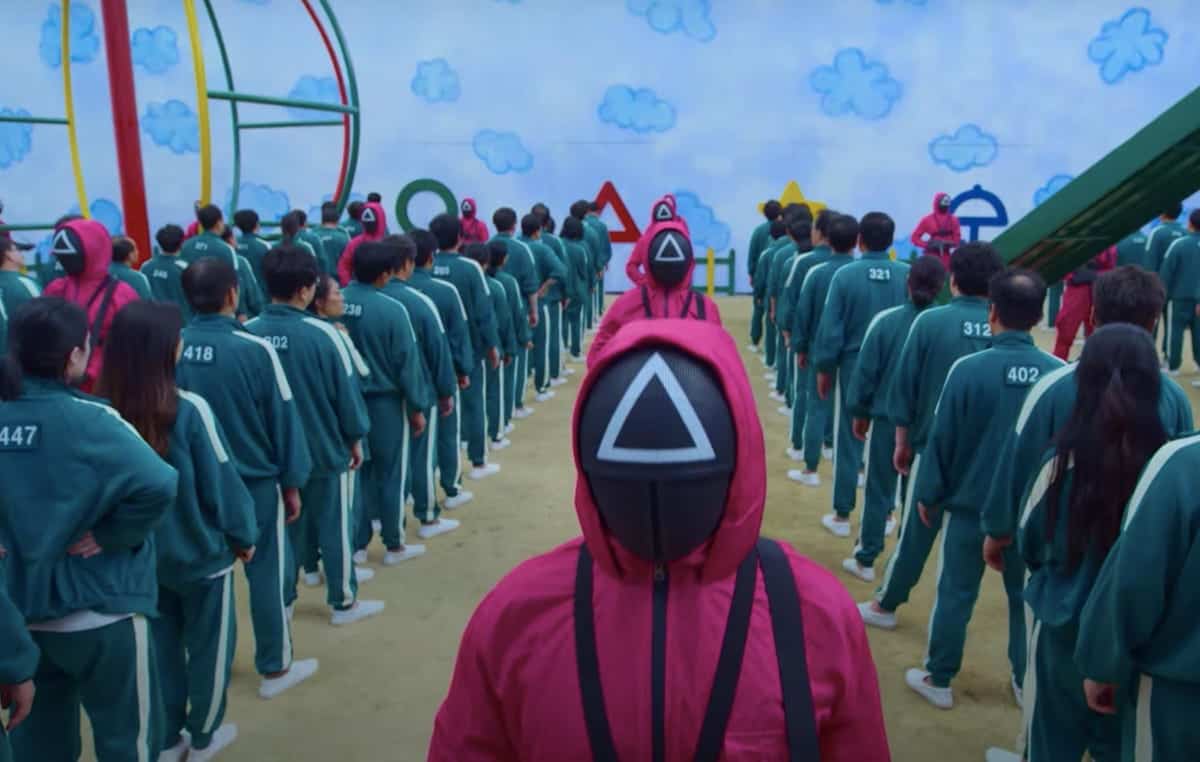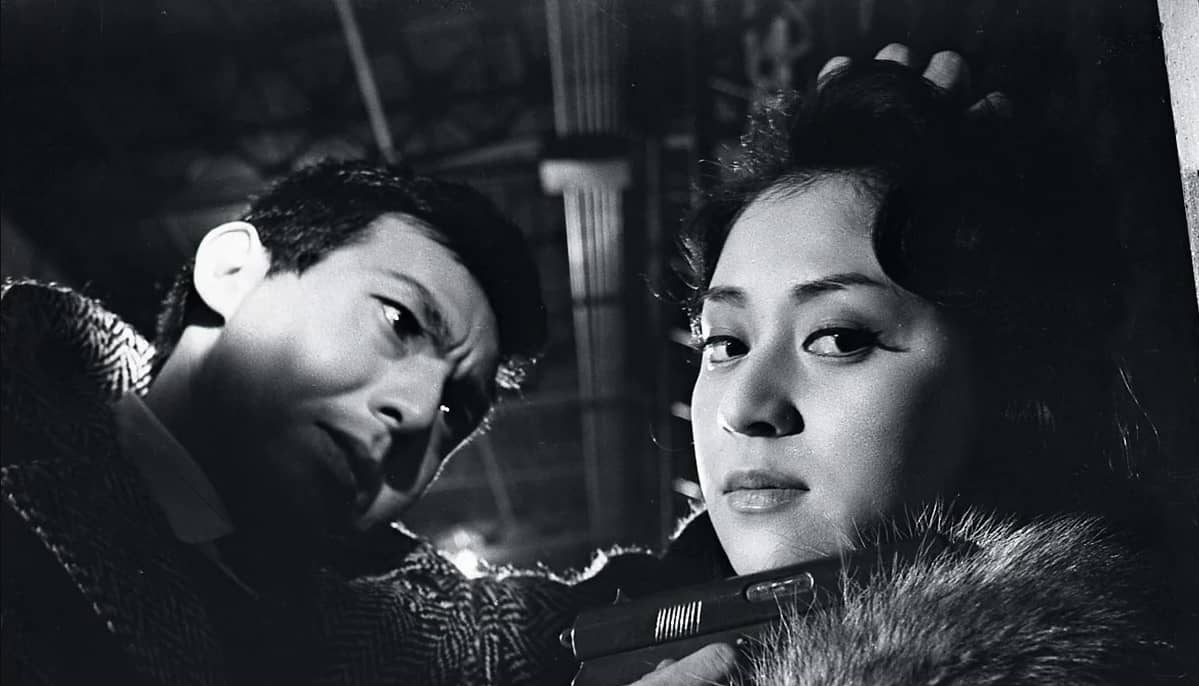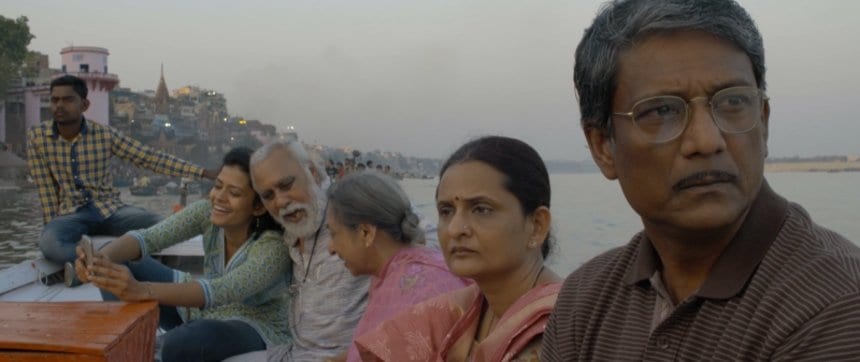Queer stories are tricky business in South Korea, which more often than not do not succeed at the box-office, thanks to local attitudes towards the subject. Though these perceptions are slowly changing, there's still a long way to go. While Park Chan-wook's “The Handmaiden” did see a great deal of success, the slightly unrealistic portrayal of a homosexual relationship was widely criticised and when such relationships are realistically portrayed, the productions tend to be severely ill-received. This makes director Lim Dae-hyeong's “Moonlit Winter”, his follow-up to the excellent “Merry Christmas, Mr. Mo”, a giant step in the right direction.
“Moonlit Winter” screened at Florence Korea Film Fest

Sae-bom lives with her mother Yoon-hee, who has divorced her police officer husband after years in an unhappy marriage. Though they live together, Yoon-hee is a bit of an enigma for her daughter, who doesn't know much about her mother yet loves her unconditionally. Yoon-hee, for her part, provides for her daughter with a job in a canteen but is somewhat of a recluse, not opening up to her daughter or anyone, for that matter. So when a letter arrives one day from Japan, written by someone named Jun and addressed to Yoon-hee, it brings with it a flood of questions about her mother for Sae-bom and a flood of memories for Yoon-hee. As the two depart on a journey to a snowy small town in Hokkaido, Japan, the mother and daughter are about to discover themselves and each other.
“Moonlit Winter” starts off slightly confusingly at first, but a beautiful tale unfurls as it goes along, one of repressed feelings and self-acceptance. Neither Yoon-hee nor Jun, who we meet as the narrative progresses, have forgotten each other or their feelings for each other but have learnt to repress them after all the years of separation, written letters never sent and impulses never acted upon. There's also a lot of anger within the two directed towards the world, which expressed itself explicitly by telling them to not express their own innermost feelings. Lim's script and direction is very observant in that sense and never forces any scenarios, instead just lets the story follow a very natural progression. The fact that it does not even register as a queer film and instead feels like any other love story, speaks volumes for Lim's treatment of the subject.
As much as the narrative is about a relationship between two separated friends, it is also about their bonds with those around them, which are richly etched out. The backbone of the feature is the progressing relationship between mother and daughter. As Sae-bom finds out more and more about her mother, she also comes to realise that her mother, who Sae-bom thought didn't know her daughter well enough, actually knows her a lot better than she gives her credit for. Of equal importance is the bond between Jun and her aunty Masako, Jun's only support system and someone who wants Jun to finally find that little shred of happiness that has been avoiding all her life. To that effect, both Sae-bom and Masako are similar individuals, pushing someone they care deeply for, towards a contentment they haven't known yet. The cutesy relationship Sae-bom has with her boyfriend also provides a nice contrast to the melancholy mood of the other, larger story.
While the narrative calmly observes the two separated ladies, their struggles and their desires to see each other with an aura of melancholy, there's still plenty of tender scenes all over the feature, like the one where the mother and daughter sit in front of the heater in their new room or when Sae-bom finds out that Yoon-hee smokes as well. The depiction of Sae-bom and her boyfriend's dalliance is filled with several such instances. Even a simple moment of an aunty hugging her niece takes on so much warmth and meaning. Among it all, the idea that memories are fleeting but there is something permanent about photographs and the handwritten words in a letter is a powerful one.
The strength of “Moonlit Winter” also lies in the performances by its three lead actresses. Kim Hee-ae's Yoon-hee has years of pains and sorrows hidden beneath that stoic face, which still manage to light up on the rare occasions that she smiles. Some of her conversations with the bright and bubbly Kim So-hye, who plays Sae-bom, are among the feature's most joyful parts. Yuko Nakamura is equally impressive as Jun. The character is someone who always just stops herself short of doing what her heart actually desires, and Nakamura's portrayal also reminds of a person who is just stopping herself from saying or doing something she truly wants every time. The scene on the bridge shared by Nakamura and Kim Hee-ae is memorable for the expressions on both the actresses' faces. The motherly presence of Hana Kino as Masako is also important, her understanding smile conveying more than any words do.
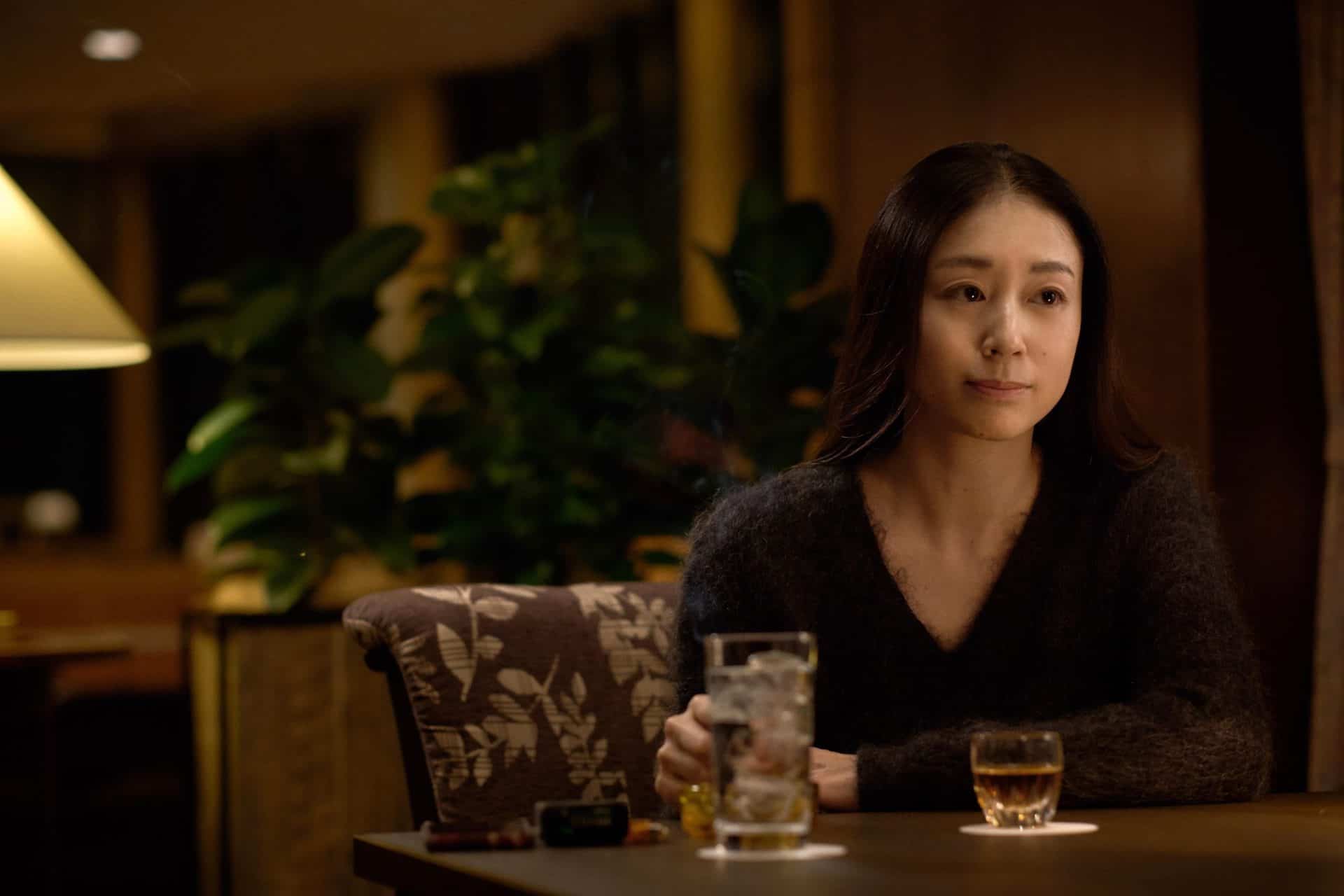
It would also be impossible to talk about this production without mentioning the magical wintery wonderland of Hokkaido that cinematographer Moon Myung-hwan has pictured. The man responsible for creating the monochrome world of “Merry Christmas, Mr. Mo” for the director this time uses natural light to capture the constant slow snowfall and the layers upon layers of accumulated snow for a unique chilling effect, making the audience fully empathise for the characters as they huddle in front of the ineffective heaters. Kim Hye-won's music is equally important, rarely melancholic but mostly lively, keeping in complete tune with the overall mood of the picture.
“Moonlit Winter” may be one of the coldest looking films you'll see in recent times, but there is no denying the warm and fuzzy feeling it'll leave you with for days on end. Just as our two leading character come to accept their own feelings, you too shall come to acceptance with the fact that it is, by all accounts, a triumph. Superbly written characters, very real emotions and situations, sure-handed performances and deft direction all ensure that “Moonlit Winter” be essential viewing and is proof, yet again, that the Korean indie cinema is at the moment enjoying the greatest period it possibly ever has.


